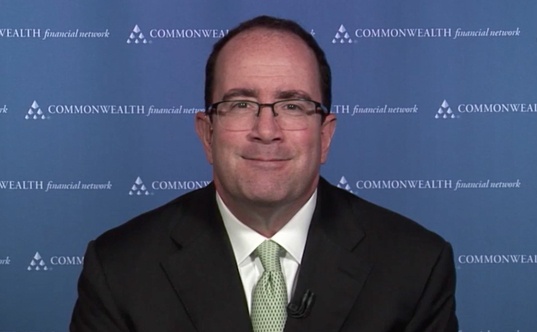The employment report, probably the single most important economic report there is, came out this morning, and the headline number on job creation was not good at all. In June, the economy added 213,000 jobs, and the expectations for July included another 193,000. Instead, we got only 157,000. You might see a fair amount of angst in the coverage today.













